Affiliate links on Android Authority may earn us a commission. Learn more.
Pixel Watch? Nope, I am way more excited for the Fitbit Sense 2.
Published onMay 17, 2022
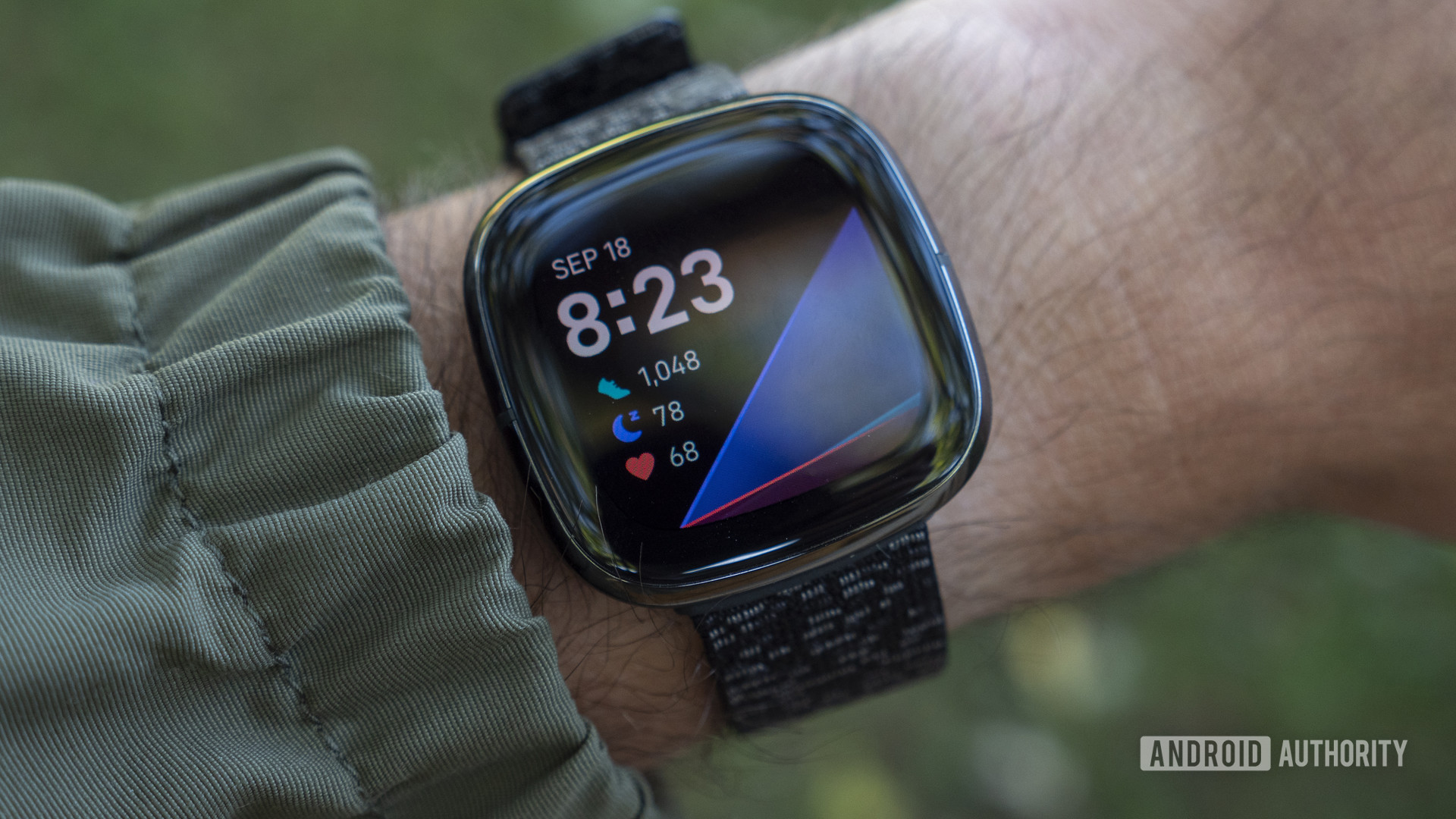
During its annual I/O developer conference last week, Google showed off the often-rumored Google Pixel Watch and gave us a short rundown of what to expect. This was a big deal for Google enthusiasts who have been anticipating a Pixel Watch for years. However, for me, it wasn’t all that interesting. I have my sights firmly set on another Google wearable in 2022: the Fitbit Sense 2.
In the world of smartwatches, a Fitbit doesn’t have the sexiness factor of something like the Pixel Watch. The latter will be a “real” smartwatch, the first wearable made by Google, and will have a fancy rotating crown. On the contrary, even the highest-end Fitbit is seen as just a fancy fitness tracker, and the Sense 2 might be an iterative upgrade that keeps its one boring button. Simply put, the Pixel Watch is hot, while the Fitbit is not.
That all doesn’t bother me, though. I’m convinced the Fitbit Sense 2 will be far superior to the Pixel Watch in numerous ways — at least for my use.
Our picks: The best Fitbit trackers and smartwatches
What to expect from the Pixel Watch and Sense 2
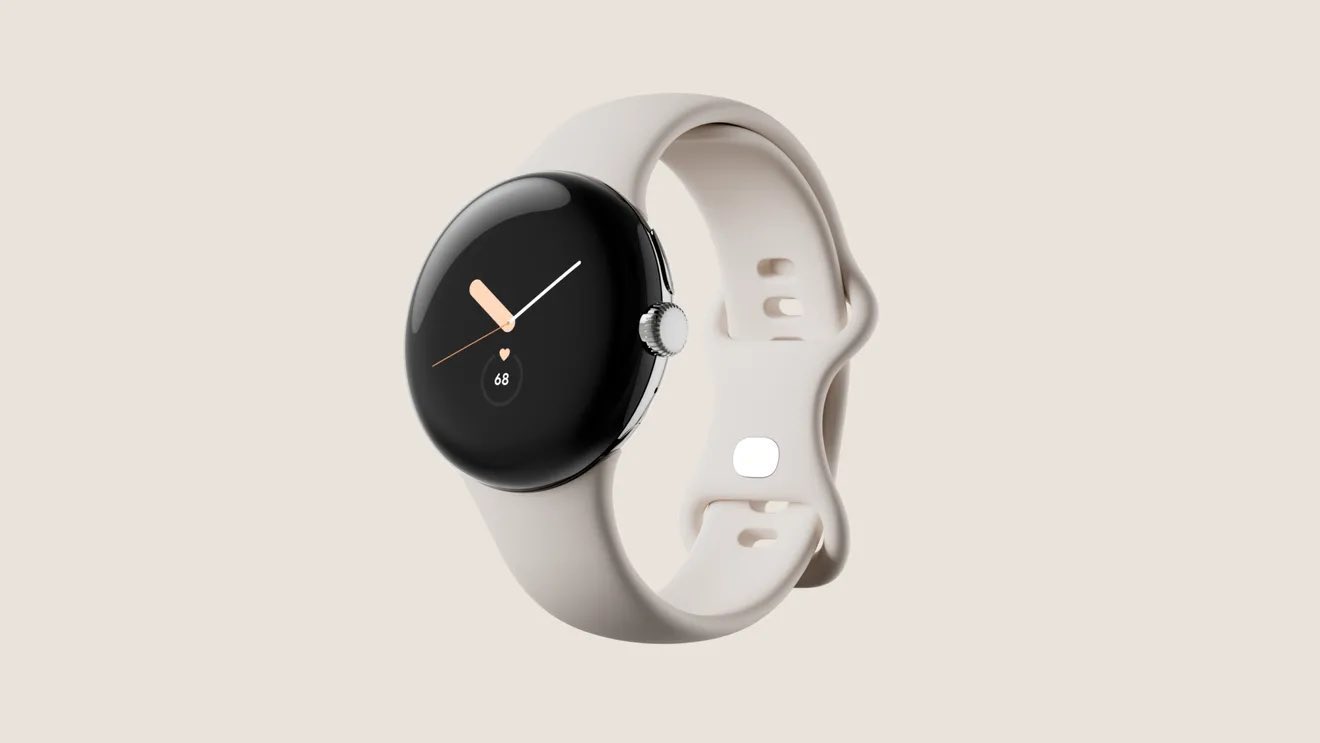
Our first official glimpse of the Pixel Watch didn’t tell us much. We know what it looks like and that it will run Wear OS 3 and integrate Fitbit health tracking. That’s about it.
The rumor mill, though, suggests it could be very similar to the Samsung Galaxy Watch 4, although likely sharing a much older processor (the Exynos 9110, an SoC Samsung released in 2018). Google could have some surprises up its sleeve, but so far, the Pixel Watch appears to be a Google-ified Galaxy Watch 4 running on older hardware.
See also: The best smartwatches you can buy
Meanwhile, the Fitbit Sense 2 is rumored to look a lot like the original Fitbit Sense. Hints point to Fitbit replacing the much-loathed capacitive groove “button” with an actual button and possibly moving it to the watch’s other side. However, the general design appears to be the same.
Fitbit is also likely to keep using Fitbit OS for the Sense 2. Some initial reports suggested it could run Wear OS, but more recent rumors say otherwise. Essentially, we expect the Sense 2 to be a slightly redesigned version of the Sense with maybe a few extra features tossed in.
So why, then, am I more excited for the Fitbit Sense 2?
Why the Fitbit Sense 2 will be better than the Pixel Watch for me
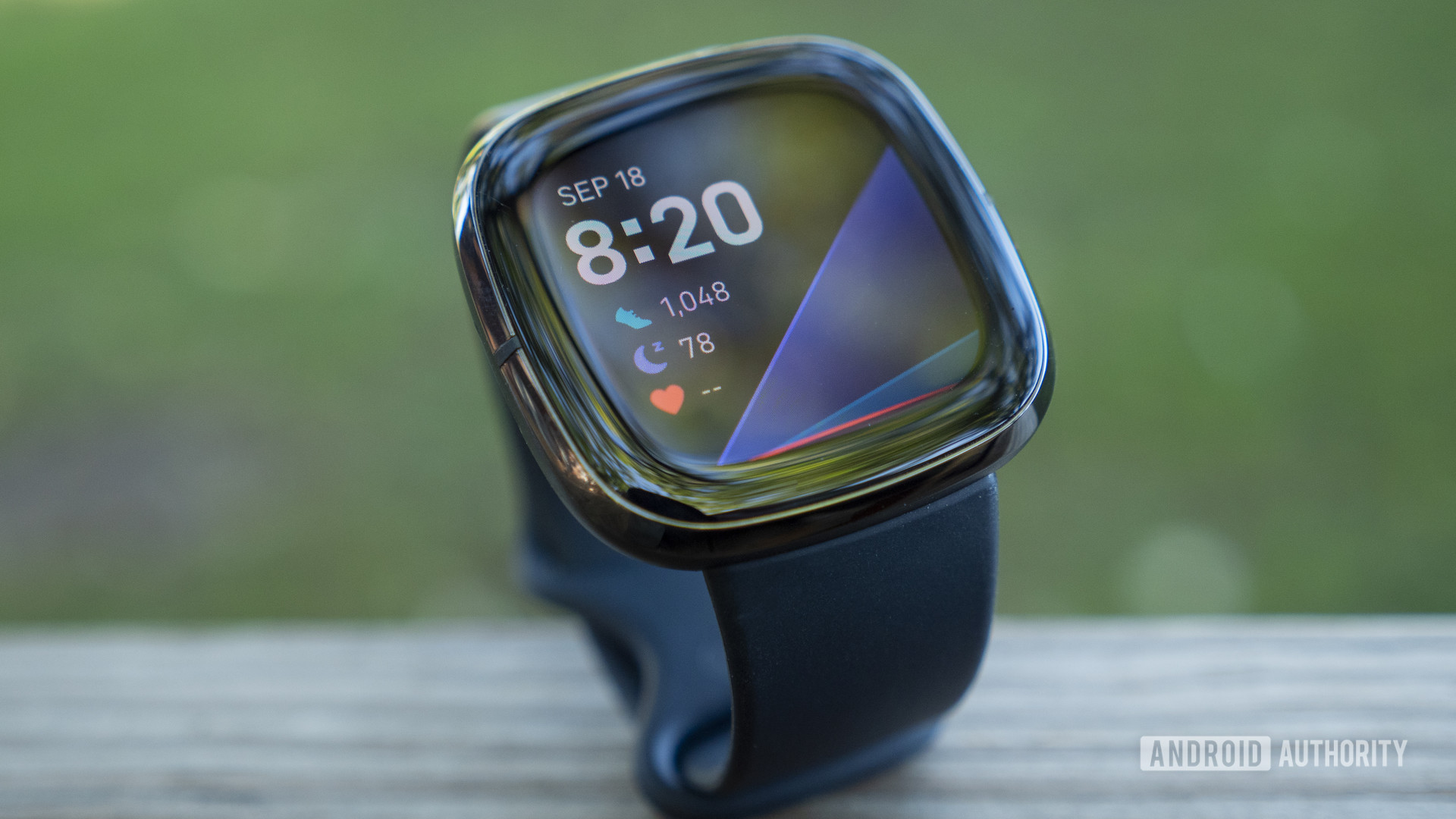
The Pixel Watch is expected to be a lot like the Galaxy Watch 4, which isn’t all that great for my needs. While Wear OS 3 has made some big strides, it’s still a battery-hogging over-bloated underwhelming mess. The Watch 4, for example, still doesn’t even have Google Assistant, which was promised at launch last summer.
Health tracking on the Galaxy Watch 4 is also a mixed bag. In our review, we found sleep tracking to be pretty lackluster when it comes to accuracy and reliability. Plus, it charges slowly and has poor GPS performance.
The Sense excels in all the areas in which Wear OS watches fail.
Now, obviously, Google could fix some or all of these problems, although that might be tricky if the years-old SoC rumors prove true. However, every single one of those problems is a non-issue on the Fitbit Sense. The Sense has week-long battery life, charges very quickly, has stellar health and sleep tracking, good GPS performance, and has had Google Assistant since 2020.
In other words, as long as the Fitbit Sense 2 does everything as well as its predecessor, it is likely to be superior to the Galaxy Watch 4 in the most integral areas I look for in a watch, and thus likely superior to the Pixel Watch too. This isn’t even taking into account any new features Fitbit could introduce with the Sense 2 or bring to it later on.
After all, Fitbit has continuously brought new features to the Sense since it launched in 2020. Meanwhile, very few new features have come to Wear OS over the past years.
The Pixel Watch will still have a few advantages
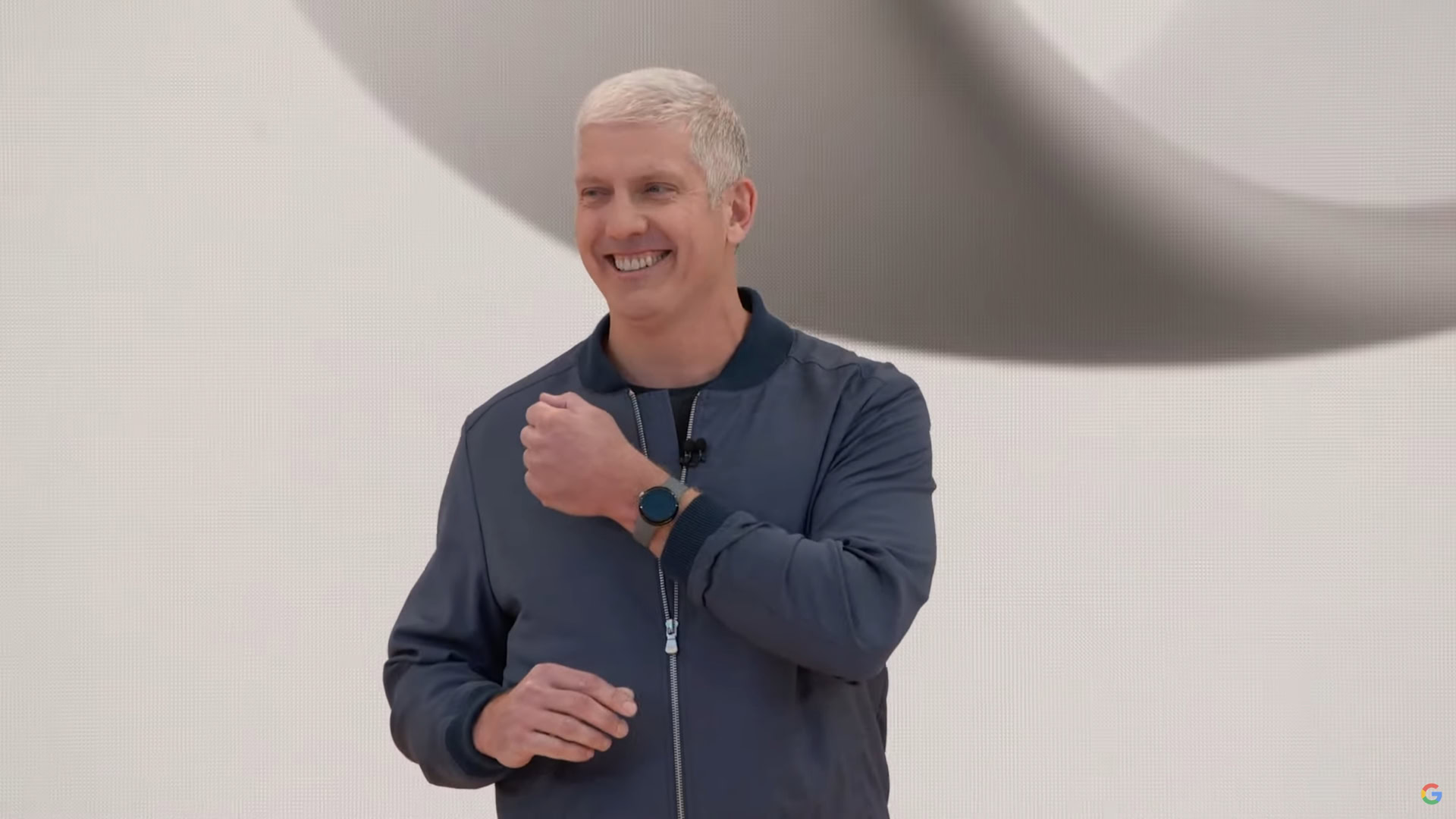
I don’t want anyone to think I’m a Fitbit simp. I’ll admit that the Pixel Watch will likely have numerous advantages over the Sense 2.
For one, the app library of Wear OS far exceeds that of Fitbit OS. The latter only has the most rudimentary apps, while the former offers some real gems. For example, Wear OS users can listen to Spotify from their watch without needing their phone at all, while Fitbit users can only control Spotify as it plays on their connected phone. Google Maps also works on Wear OS watches, while Fitbit has the third-party (previously Nokia-owned) Here maps app.
Related reading: The Pixel Watch can’t succeed if Google reuses the same ancient formula
However, I personally don’t really care about these. I want my watch to do a few things: track my health, allow me to read and respond to notifications, and accept Google Assistant commands. I don’t need it to replace my phone — I already have my phone for that.
I don't need my watch to replace my phone — I already have my phone for that.
Outside of apps, the Pixel Watch could have a few extra advantages. The Galaxy Watch 4 charges wirelessly (but only with Samsung-branded chargers, ugh), so it’s possible the Pixel Watch would as well. Fitbit trackers don’t charge wirelessly, and we have nothing to suggest the Sense 2 would change that. A lack of wireless charging would be a real downer, sure, but limited-compatibility Qi charging isn’t all too impressive either.
The Pixel Watch seems to have high-quality build materials and an elegant design, while the Fitbit Sense — let’s be honest — doesn’t look like a premium timepiece. Once again, though, I don’t mind this at all. The Sense is thin, light, and unobtrusive. That’s far better for my lifestyle than a chunky, heavy watch weighing down my wrist. You might disagree here, but lots of buyers — especially women — take this into heavy consideration when shopping for wearables.
Finally, we can’t forget to mention that the Fitbit Sense 2 and Pixel Watch will likely share some drawbacks: proprietary bands and a proprietary charger.
Remember: Google owns Fitbit
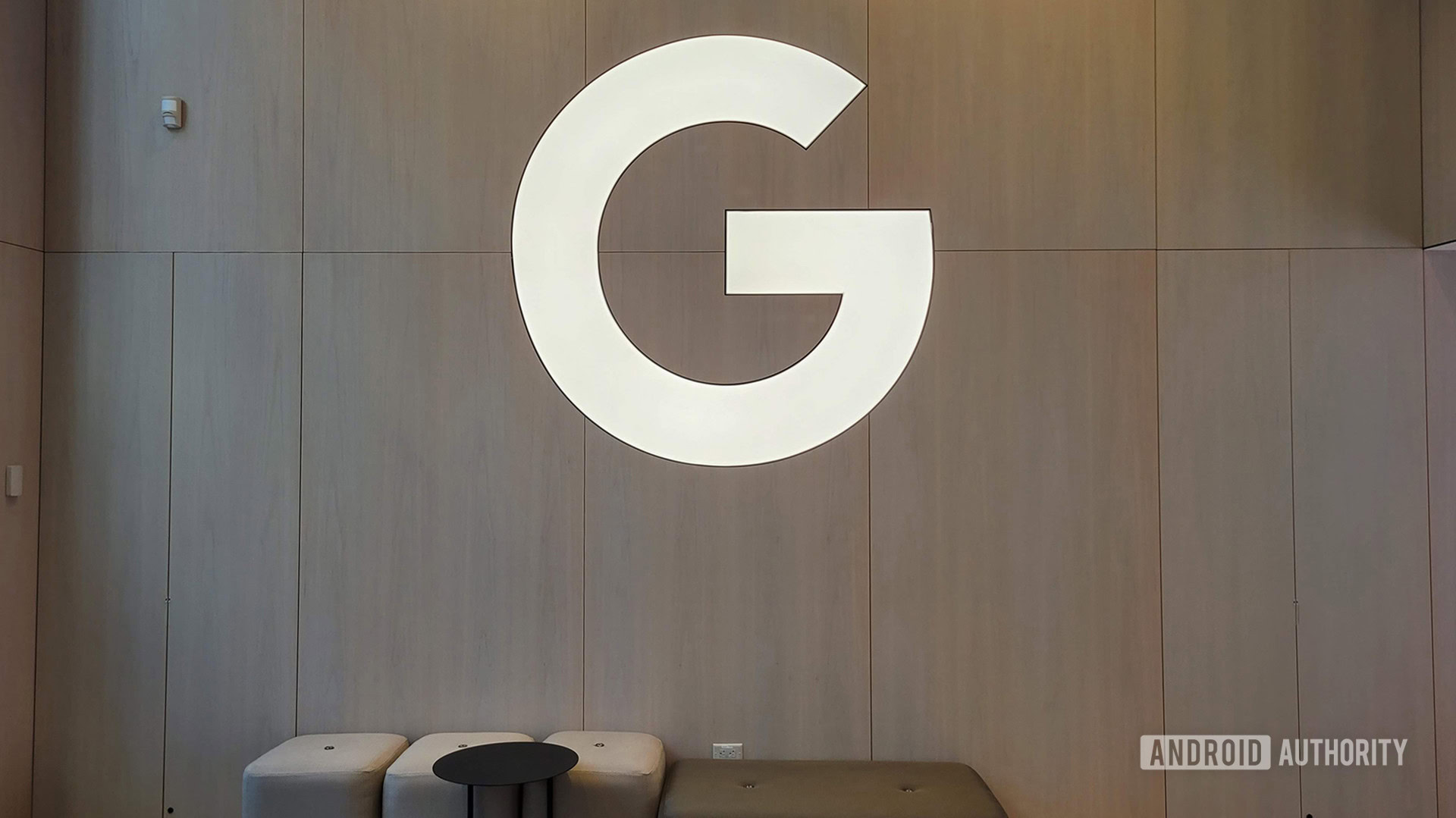
Assuming Fitbit doesn’t royally mess up its own formula, the Sense 2 will be a true winner. It will likely only need to be charged once a week, have built-in GPS, accurate and robust health tracking (including ECG, EDA, stress, and snoring tracking), Google Assistant and Alexa support out-of-the-box, NFC payments, read/response notifications, and possibly some new features we haven’t seen yet. If it sees the same level of software support as the original Sense, it will get regular updates and new features for at least two years.
Meanwhile, the Google Pixel Watch could go in any direction. It might be great, but it also might just be a rehashed Galaxy Watch 4 with a weaker processor. Battery life isn’t likely to go over the 24-hour mark. It should have Google Assistant out-of-the-box, but it certainly won’t have Alexa support. If wireless charging is added, it’ll likely be similar to Samsung’s quasi-proprietary system. We also have no idea what Google’s software support commitment will be.
The Fitbit Sense 2 will almost certainly have better battery life, making it the easy choice for me.
Keep in mind that Google owns Fitbit. The Pixel Watch can’t be exactly like the Fitbit Sense 2, or else the two products will just eat each other’s lunches. The two need to be different. The logical outcome is that the Pixel Watch won’t be able to do everything the Fitbit Sense 2 can, and vice versa. Regardless, even if the two watches share every single health-tracking and smartwatch feature, the Sense 2 will almost certainly have better battery life, making it the easy choice for me.
Another opinion: I want to love smartwatches, but I can’t replace my GPS watch
The Pixel Watch might seem exciting because it’s new, looks great, and is something we’ve wanted for a long time. But the new, shiny thing isn’t necessarily better than the tried-and-tested gadget that delivers what we want and expect. On that, I am saving my cash to pre-order the Sense 2 as soon as it drops. As for the Pixel Watch, I’ll be watching reviews and waiting to see how things turn out. Google needs to meet and surpass what Fitbit’s proposition for it to earn my dollars, and I’m skeptical that’s going to happen.